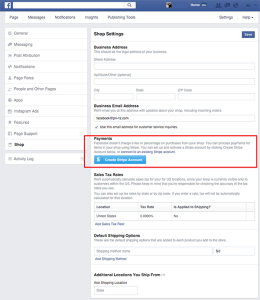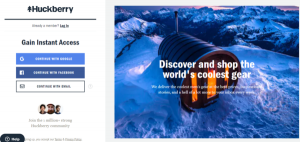
Search and social media are two separates arenas when we typically talk about digital marketing.
Search was, for a long time, the representation of all that digital marketing could be. It quickly came to dominate the new landscape. For the first time, it allowed brands to take advantage in real time of identifiable consumer demand. Google and their AdWords platform came to own that world, giving companies an efficient way to seize the marketing opportunities presented by search.
Then came social. If you believed the early hype, social media meant the death of things like email, and even search. But the truth is, brands are still trying to figure out how social media fits into their marketing plans.
But until now, most companies treated search and social as separate things. This post is meant to put that way of thinking to rest. If your company is not already busy identifying how these two channels relate to one another, the time to start is now.
Consumer Behavior
It used to be that most web sessions began with a search engine. Not anymore. Social media has been quickly gaining in that area, helped by the continued shift to mobile as our primary web consumption platform.
Facebook, Pinterest and Twitter are now where many users start their web sessions, using the networks to make discoveries the same way they might have with a Google search in the past.
While these “searches” differ in a number of ways from Google searches, they are no less important for marketers. Recognize that consumers are looking for the same things, but in slightly different ways.
Which Platforms?
Not all social media channels are created equal. Someone on Facebook is looking for a different experience than someone on Pinterest. Marketers must be able to dissect the “user intent” of each platform in order to understand best how to use them.
For example, on Pinterest, many users are expressing real intent to purchase based on the brands they follow, the products they pin, etc. Whereas following a brand on Facebook may better signal past behavior, such as attending an event, entering a store, or being an existing customer.
When we learn how people search and identify items of interest on each platform, we can begin to address user needs when and where they occur.
One Informs the Other
While the tools and techniques for marketers still differ between search and social, one must inform the other. Search and social teams should work together to identify and track trends and react, adjusting campaigns and programs in real time.
The way we search and interact with the mobile web will continue to change. And only these kinds of responsive, close-knit teams will be able to adapt and keep up.
Digital & Social Articles on Business 2 Community(25)
Report Post






